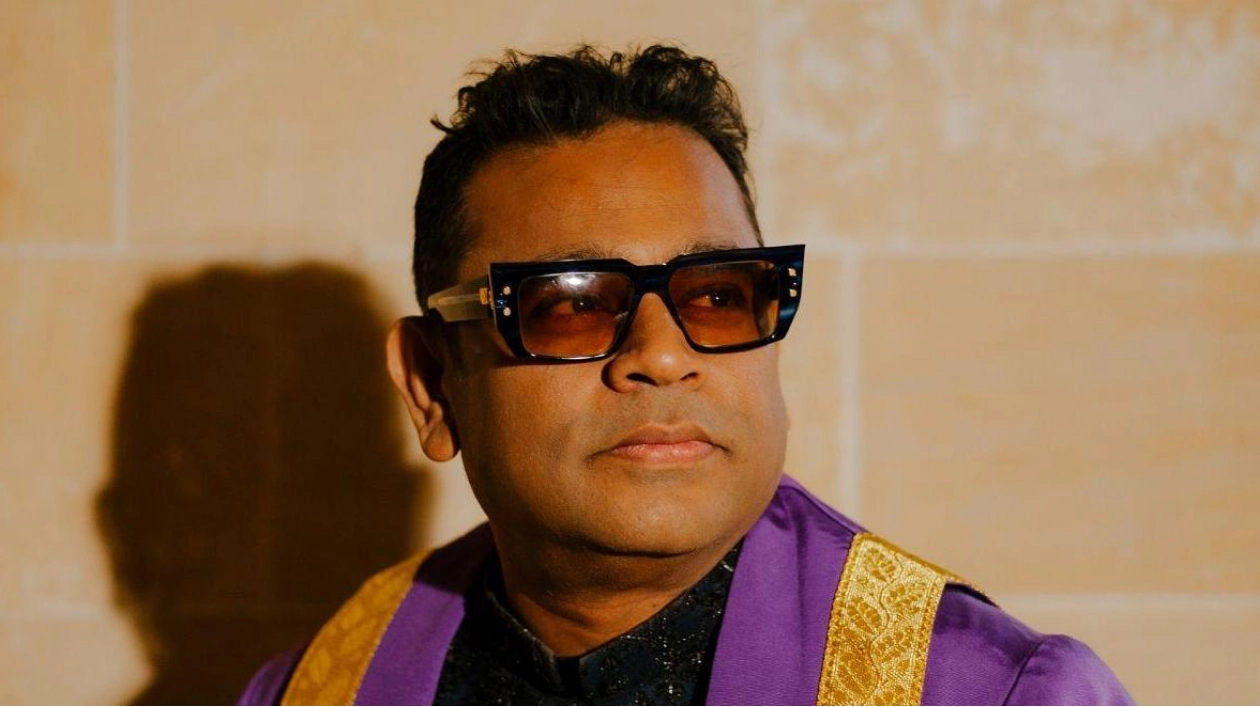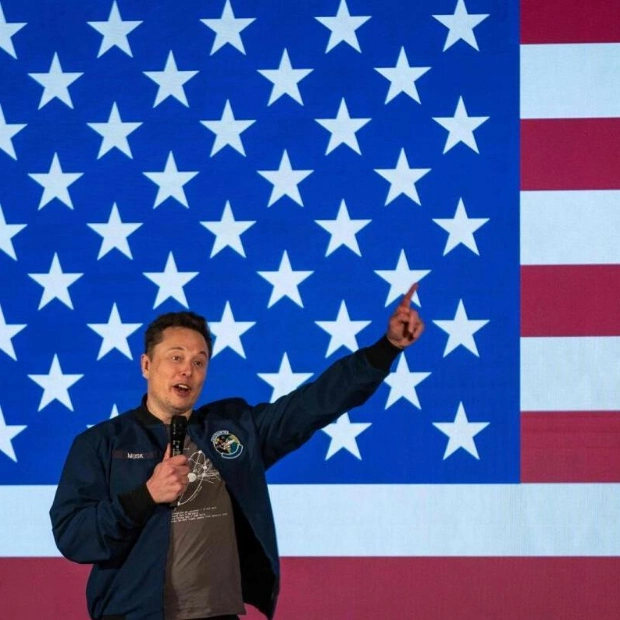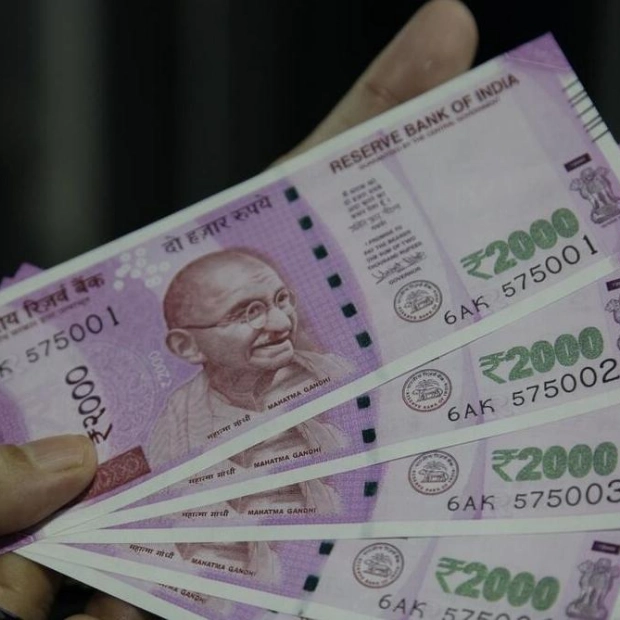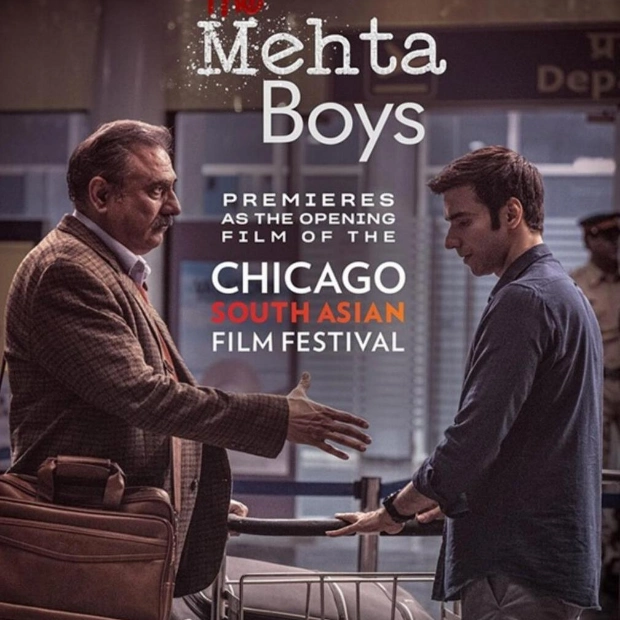Despite the growing global media landscape, the music we listen to often remains rooted in the traditions of our continents. Over the past three decades, one of the most successful musicians in bridging Western and Eastern musical styles has been the Indian composer A.R. Rahman, also known as ARR or Allah Rakha Rahman. Rahman is renowned for his cinematic soundtracks, starting with his debut for the 1996 Tamil film Roja, which marked his entry into Kollywood, followed by Bollywood and eventually Hollywood, where he won two Oscars for his work on Slumdog Millionaire and received nominations for 127 Hours. Beyond his over 145 film soundtracks, Rahman has contributed to musicals, original compositions, and performed with the supergroup SuperHeavy, fronted by Mick Jagger.
Speaking to Euronews Culture about his approach to composing for diverse audiences, Rahman emphasizes the importance of melody. "Melody is king," he says. "You can have elaborate orchestration, but if there's nothing memorable, it's pointless." However, not all melodies resonate with every audience. While Europeans are accustomed to music based on linear scales, Indian audiences are more familiar with the intricacies of seven swaras in Indian raga. "India embraces everything, but it doesn't work the other way around," Rahman explains, illustrating with examples of complex melodies that Western audiences might find challenging, using terms like microtones. "Tuning for Western songs is simpler than for an Indian one. We have such intricate ragas," he notes.
Throughout his varied career, one of the consistent themes has been bringing cultures together. His appointment as Honorary President of Trinity Laban, a London-based conservatoire for contemporary dance, music, and musical theatre, marks a full circle in his journey. Rahman trained under Indian composers and came to London at 13 on a classical music scholarship to Trinity College of Music. Trinity Laban's alumni include Afrobeat pioneer Fela Kuti and contemporary jazz stars like Ezra Collective and Tom Misch. Previous honorary presidents include conductor Sir Charles Mackerras and violinist Sir Yehudi Menuhin. "We aim to lead the arts beyond convention, to drive change and exceed expectations," artistic director Aleksander Szram said on Rahman's appointment. "Our new President embodies that vision."
Rahman's vision mirrors his own career. Even with his first film score for Roja, he broke with tradition. "The world needs reinvention," he asserts. Committed to broad education, Rahman founded the KM Music Conservatory in his hometown to offer musical and career training for aspiring musicians. He also established the Sunshine Orchestra, providing free musical training to underprivileged children. "When I started KM, I realized that rich kids could master the violin for 12 years because they have resources," Rahman reflects. "For others in India, social barriers hinder such careers. But once you're in the orchestra, no one cares about your background." This philosophy led to the creation of the KM school and his ongoing commitment to music education.
Rahman's passion for music stems from his deep spiritual belief in its power. "Certain religions forbid music," he says, questioning how people are often held back by layers of understanding. "My ultimate quest is to see how many veils we can remove to find the truth within." Whether inspired by a street busker, a grand symphony, or an azan, Rahman believes that the search for purity and truth can be guided by music. When stuck, he often turns to the poetry of Sufi philosopher Baba Bulleh Shah, extracting melodies from the lyrics. "There's something about those lyrics that elevates the tune," he explains.
At 57, Rahman shows no signs of slowing down. Alongside his role at Trinity Laban, he is planning a new theatre in Chennai, developing the virtual metal band Secret Mountain, adapting Slumdog Millionaire for the stage, and directing his own films. "The best is yet to come," he says, looking forward to the future.
Source link: https://www.euronews.com






